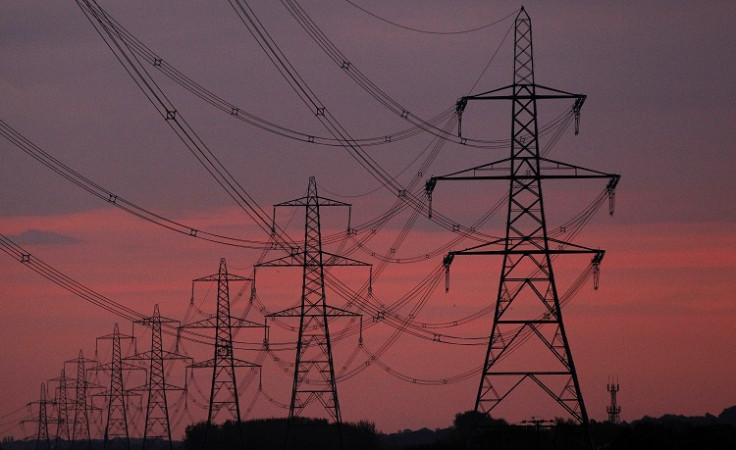Power lines and mobile phones cleared of harmful health impacts

Power lines and mobile phones may not be harmful to human health, says yet another study on an issue that has continued to capture mass concern.
A team at the University of Manchester's Institute of Biotechnology specifically studied the effects of weak magnetic fields on human proteins crucial for health and found no detectable impact.
The magnetic fields had no effect on flavoproteins that play a crucial role in ensuring the health of the nervous system, DNA repair and the biological clock.
However, Dr Alex Jones, research fellow at the School of Chemistry at the University of Manchester, and co-lead author of the paper cautioned, "There is still some concern among the public about this potential link, which has been found in some studies into cases of childhood leukaemia, but without any clear mechanism for why."
More work will clear the picture but for now the team is confident in issuing a clean chit to mobile phones and power lines.
Flavoproteins transfer electrons from one place to another and these electrons create short-lived radical pairs. Biochemical reactions involving radical pairs are expected to be sensitive to weak magnetic fields.
Results of the research have led the researchers to conclude the required conditions for such effects may thankfully be absent in human biology.
A 1979 study first reported a correlation between high-voltage power lines and childhood leukemia in the area around Denver, Colorado. Since then many studies and reviews, including from WHO, have not found any mechanism for magnetic fields to influence cancer development.
But experts have been cautious and preferred to word their conclusions guardedly. The NIEH, environment division of NIH chose to say that extreme low frequency-electronic magnetic field's exposures "cannot be recognized as entirely safe because of weak scientific evidence that exposure may pose a leukemia hazard".
One of the most recent studies in 2013 by Elliott et al. looked at over 50,000 cases of cancer to find no increased risk for any of these cancer types.
However, epidemiologic research has found associations between residential magnetic field exposure and cancer, leaving the debate open.
The present research was funded by the Electromagnetic Fields Biological Research Trust.
© Copyright IBTimes 2025. All rights reserved.





















